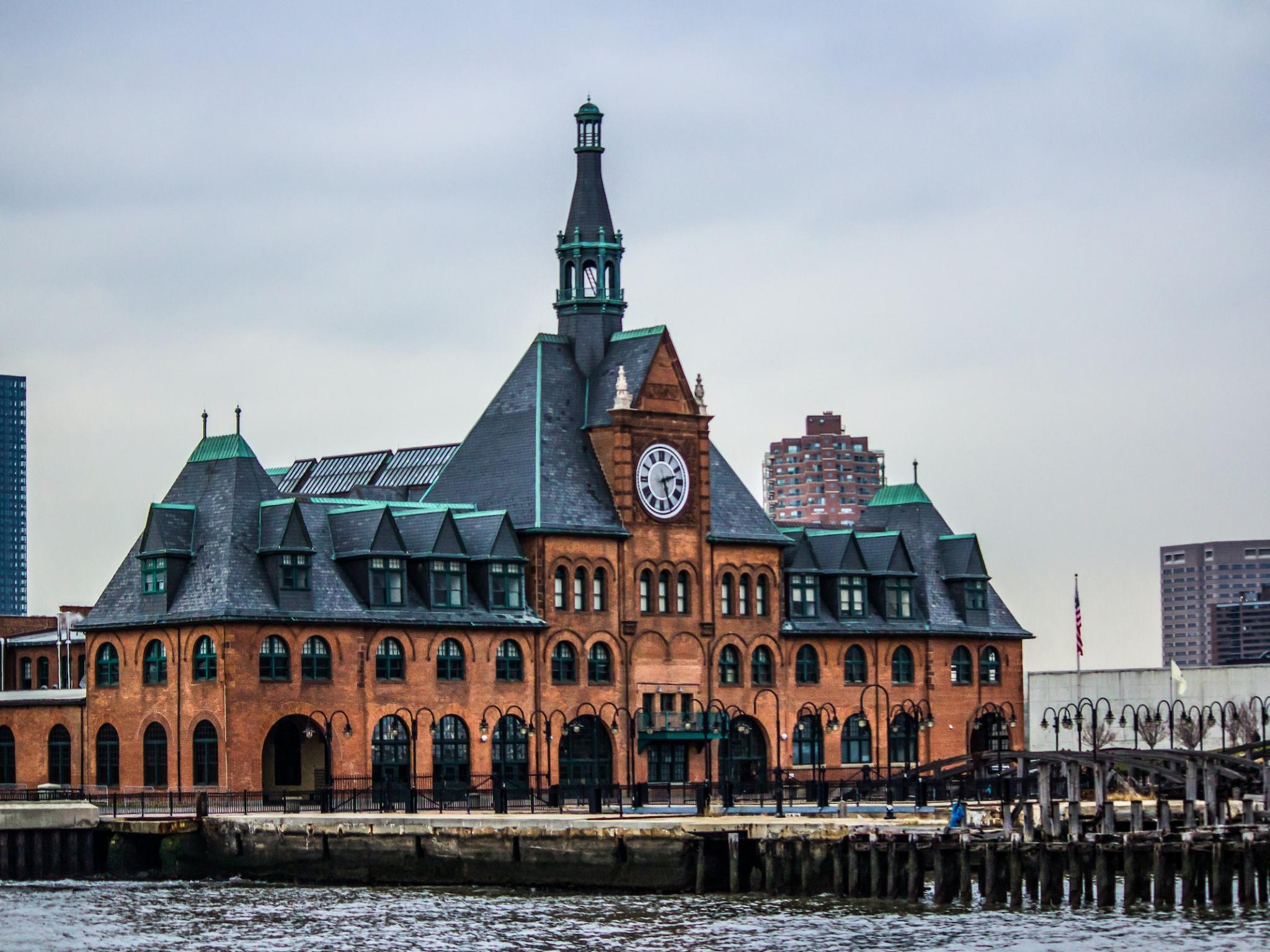
Since the launch of recreational marijuana sales in New Jersey, the state has taken in $4.6 million in tax revenue in just the first 10 weeks of sales.
“The market is improving. It is performing as we expect with the current number of dispensaries, the spread of locations, and the high prices,” said Jeff Brown, executive director of NJ's Cannabis Regulatory Commission (CRC).
Recently, the CRC announced that tax revenue came from nearly the $80 million customers spent between April 21 and June 30. The amount includes more than $219,000 in social equity excise fees.
“As more cannabis businesses come online, consumers won’t have to travel as far to make purchases, and prices will fall with increased competition. The market will do even better,” Brown continued.
NJ’s High Potential In Marijuana Market
On April 21, the NJ legal industry launched with 12 dispensaries and earned nearly $1.9 million in sales on just the first day.
Additionally, in the first month, the state raked in $24 million in weed sales. Although compared to other states with nascent adult-use marijuana industries, it was much lower, a recent analysis indicated that New Jersey's market will grow “as supplies increase and more stores open.” Jeff Brown agreed.
There are 18 dispensaries spread across the state where adults can now purchase their weed. In addition, these dispensaries serve medical patients. The CRC has issued 140 conditional legal cannabis dispensary licenses, but none have been opened so far.
Recently, The Medicine Woman dispensary, co-owned by famed rapper, songwriter, actor and producer Ice-T got a license through the Jersey City Cannabis Control Board (CCB).
“Helping the community is Ice-T: I’m Black, I’m a veteran, my whole career has been about helping people. Nobody starts a business thinking about social impact. But it’s lucrative enough … that you should want to help the community,” Ice-T said.
Social Equity Excise Fee (SEEF)
According to the CRC and the state's Treasury Department, the social equity fees are at a rate of $1.10 per ounce over each sale of an ounce of recreational cannabis.
By state law, at least 70% of all tax revenue, including special social equity fee funds, are earmarked for investment in "impact zones," which are cities with unemployment rates, crime rates and arrests for higher-than-average marijuana possession, reported New Jersey Monitor.
Nine months after the first social equity rate was imposed, the CRD was able though not required to modify the rates to between $10 and $60 an ounce. However, as retail prices drop and more dispensaries open, the impact zones will continue to be funded by the same tax.
In the illegal market, an eighth of an ounce of weed can cost between $40 and $50 while the same amount at a dispensary can cost up to $70.
Medical Marijuana Sales In NJ
In addition, CRC reported $59,262,014 in medical cannabis sales from April to June. "Demand for medical cannabis continues to be strong," said Brown related to CRC's focus on medical patients. The next CRC meeting will be at 1 p.m. on September 9.
Since July 1, purchases of cannabis via New Jersey's Medicinal Cannabis Program are tax-free, as a result of a three-phase process enacted in 2019 when provisions to eliminate the tax was signed by Gov. Phil Murphy.
Photo: Courtesy Of Gautam Krishnan On Unsplash







